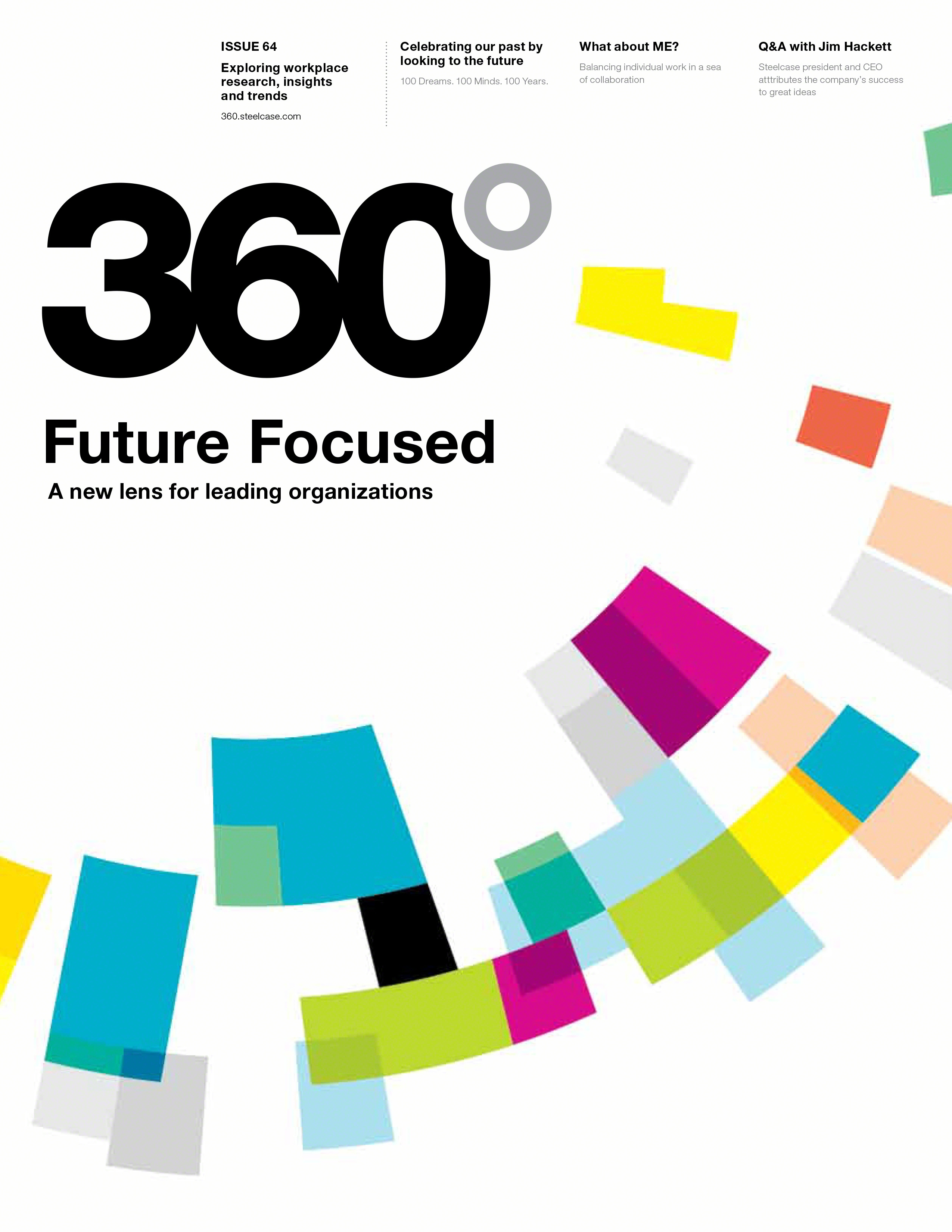
If you want your managers and employees to make more future-focused, sustainable decisions, the tone needs to come from the top you need to restructure and consistently reinforce this tone. Many organizations use a “brand voice” to align their employees under the same set of values, principles, and behaviors. So how can you tell if a decision is future-focused? And if it is, how can you go about making it in a way that stakeholders will approve of? Tips to Make More Future-Focused Investments On a large scale, the transcontinental railroad is a perfect example of this it took many years to complete, but once in place, it transformed the United States into a single, cohesive, connected entity rather than independently acting bits and pieces. But if planned properly, it could revolutionize how you operate. Making major changes or additions to your current infrastructure is costly, time-consuming, and frankly, a pain for everyone involved. Any costs and challenges you face in procuring new, better talent are likely worth it. Still, sometimes it’s necessary to make staffing changes to maximize the potential growth of your organization. It’s never easy to let someone go at your company, and it’s even harder when that person is in a leadership role. Coca-Cola was willing to make the investment and take the chance because they wanted an even more competitive product. For example, while many people cite “New Coke” as a classic example of poor company decision making, the investment Coca-Cola made into creating a new, better recipe was a reasonable business decision it cost over $4 million to conduct research, and they ended up with a product that people objectively preferred in blind taste tests. Companies are also reluctant to undergo major changes to the way they do business they’d rather stick to what they know works decently than take a risk on something that could turn out excellent or terrible. This is a decision that doesn’t carry an immediate benefit (other than public recognition), but is vital if you want to save money and protect the environment long-term. A single building may require hundreds of thousands of dollars of equipment, which could feasibly pay off-but only after several years of operation. That’s because investing in clean energy, like wind and solar, can be expensive. Most companies depend heavily on coal and other fossil fuels, or at least traditional forms of energy for the bulk of their operations. You’ll be forfeiting a significant share of your money temporarily, but the long-term gains are worth it. It’s possible to run a day trading-style strategy, buying and selling stocks within a day to maximize profit, but it’s almost always better to buy and hold for the long term, or at least invest in futures, which give you higher leverage and a long-term focus. This is because they have a longer period of time to mature (in addition to being more adaptable). Overall, long-term investments tend to pay off in higher proportions to the original investment amount. This allows you to adapt to new circumstances and polish your plan before it’s fully carried out, often improving its efficiency or focus. This gives them more time and more opportunities to be adjusted. Long-term goals need to be pursued over the course of many years, rather than months or weeks.


The tradeoff is, of course, those payoffs won’t come for several years. If you make a decision that helps you only today, the benefit is going to be short-lived. First and most obviously, future-focused decisions prioritize long-term objectives, so they pay off in the long term. Why future-focused decisions are often better


Present-focused decisions can be valuable, and are sometimes necessary, but they intentionally ignore future repercussions. If you want your company to succeed, you’ll need to spend more time and money on future-focused endeavors-but what exactly does that mean, and how can you get there? Sustainable strategies are ones that can be carried out, indefinitely, without any finite limitation on resources or deliverability. By its very definition, sustainability is about preparing for the future.


 0 kommentar(er)
0 kommentar(er)
